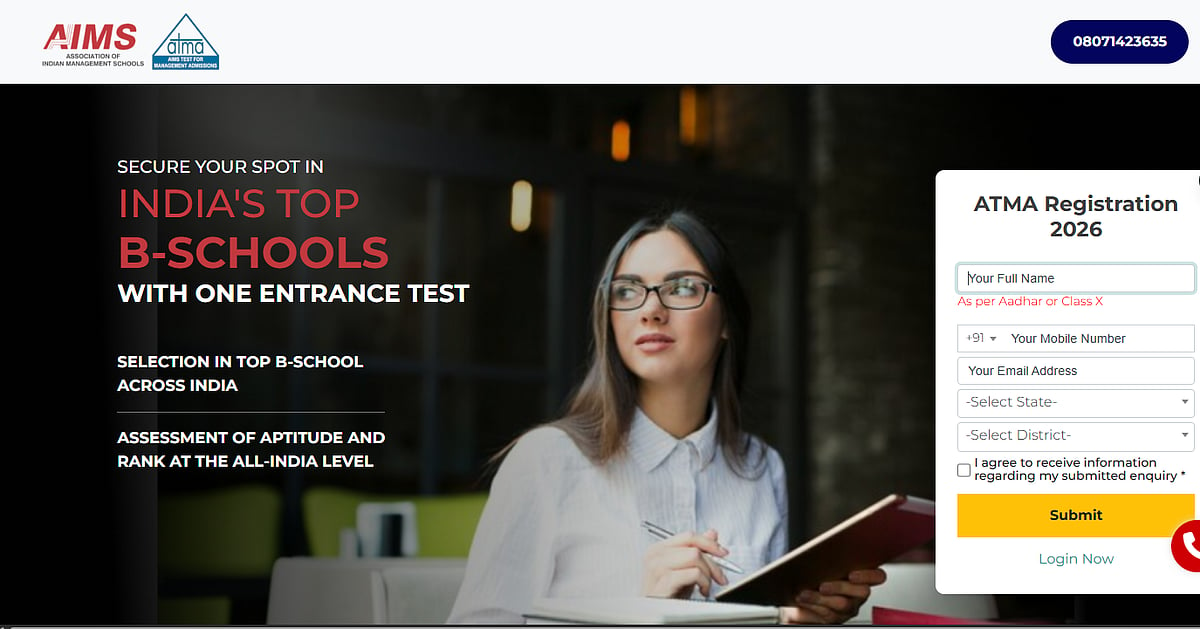Artificial Intelligence (AI) and machine learning are two buzzwords that are transforming corporate processes and workspaces.
Currently, recruiters and candidates must sift through irrelevant profiles and jobs to discover the relevant job or person. Here, AI can establish a job search preference based on relevant job descriptions. The recruiter or candidate can utilize a matching algorithm to examine hard skills, soft skills, job responsibilities, industry, education, experience, and city, among other criteria.
Frauds in the employment process have grown exceedingly prevalent in this digital era. However, we can track and prevent fraud using AI. When combined with machine learning, AI is capable of identifying possibly fraudulent job searchers or recruiters with an extraordinarily high degree of accuracy, much exceeding that of humans.
AI, defined as applying human-like intellect via software and procedures. After all, this is a sector that has grown at an average annual rate of 20 percent over the last five years, sources to a BBC Research.
Still wondering How AI is helping firms in making smart hiring decisions?
AI expedites the candidate sourcing process
Recruiters, particularly novice recruiters or recruiters for highly specialized professions, not to be expected to be expertise in job requisition language. This is where a clever, artificial intelligence-powered engine comes into play. The language used in the job requisition widen the search beyond the requisition's exact phrasing to include similar industry-specific vocabulary and terms. In contrast to a simple word-matching algorithm, AI-assisted sourcing enables searching by intent.
Additionally, the idea of skills adjacency is handled via the deep learning that pervades AI systems. Suppose a candidate is familiar with or capable of doing a certain task. In that case, the program infers the prerequisites for that skill-set or knowledge and calculate the probability of the applicant possessing a similar but distinct competence based on the study of millions of data points. Thus, candidate sourcing is assisted by a larger, more inclusive pool of candidates that people may miss.
AI can infer talents and interests from previously held employment, volunteer roles, and schooling that are not explicitly specified on the applicant's resume. Due to the program's continuous learning keeps associations that it may later apply to new and unique recruitment scenarios. This can broaden the pool of prospective roles within an organization for which an applicant (or an existing employee) may be qualified, even if they did not apply.
Artificial Intelligence enhances the effectiveness of application screening
As with sourcing, screening data sets may include historical or current employee resumes, a competency or skill model specific to the business or task at hand, incoming resumes, or records of employee success or longevity based on skills, education, or even location. These are some types of data that can be used to train machine learning algorithms on rules and patterns. External data sources, such as national or international wage ranges, US Bureau of Labor Statistics job classifications, and so on, can also be used to feed the AI "brain."
Due to the fact that candidates usually apply to a company rather than a specific job, AI can recommend vocations that match each candidate's skill set, education, and "soft" abilities. This skill is also beneficial when it comes to recommending new positions or opportunities to current employees based on their talents, interests, and ambitions. This is a big benefit for both applicants and employers. As an example, suppose a recent college graduate wishes to work for Microsoft. In such instance, she can upload her résumé and the AI-powered talent acquisition tools will identify potential jobs or career fields for her.
Artificial Intelligence eliminates bias
Integrating artificial intelligence into talent acquisition systems can help alleviate recruiting bias and promote future employee diversity, rather than perpetuating previous homogeneity in terms of race, ethnic origin, gender, gender preference, and colour. Additionally, an unbiased software tool can aid in the elimination of bias caused by other factors that contribute to discrimination, such as regional accents, perceived social position, and parental status. A machine learning algorithm is unlikely to be intimidated by an attractive resume layout or unimpressed by a mistake, two characteristics that may subconsciously influence human decision-making.
However, not all products claiming to use AI for talent acquisition are made equal. If a business relies solely on historical data, which is by definition restricted, the output will almost certainly be biassed. Successful AI-enabled applications leverage external deep-learning neural networks to augment their internal data sets.
Artificial intelligence enhances the intelligence of online interviews
AI can pick up on subtle elements in online video interviews, such as gestures and facial expressions that humans may overlook. Similarly, because AI can analyze massive amounts of data without tiring, patterns may emerge that would otherwise go unnoticed by overworked recruiters and hiring managers. This capacity for making sense of and discovering correlations in massive amounts of data is what makes AI such a valuable tool.
AI also serves as the foundation for human resource bots. Prudent usage of bots is more beneficial in talent acquisition, as bots may respond to candidates instantly and frequently in highly tailored ways. AllyO, which was bought by HireVue and iCIMS TextRecruit's Ari both leverage natural language processing and machine learning to offer dual-conversation live chat and intelligent text-based talks, both are simple and convenient for candidates. These programs recognize actual human inputs (rather than merely computer code) and, over time, enhance feedback and predictions. Their conversational interfaces can increase applicant engagement, and obtaining real-time responses from bots reduces the need for human intervention during the recruiting process. This benefits the recruiter, the hiring manager, and the candidate by saving their time.
AI's application in HR and hiring process is pervasive. Because AI essentially advises, chooses, and forecasts, human monitoring is still required to verify that the engine receives the correct data and that the result makes sense for the business. In examining the role of AI in decision-making, Cathy O'Neil, author and data scientist, makes an eloquent point: "Algorithms are opinions embedded in code”.
(Sumit Gupta is Co-Founder & CTO, GetWork)







